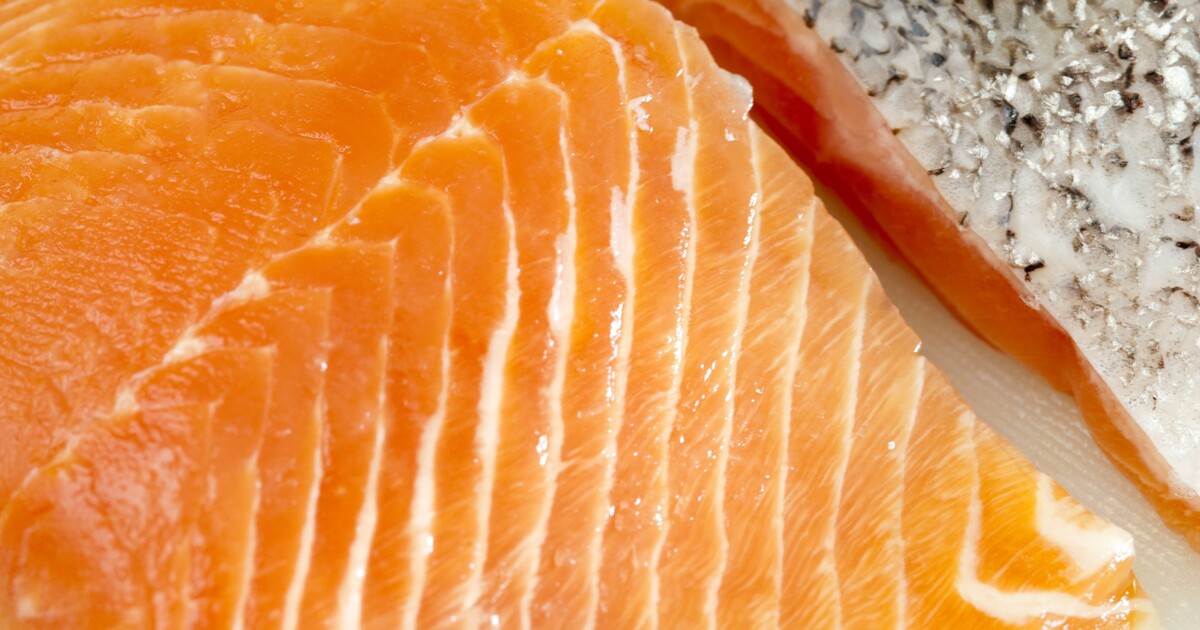Scotland should be known as a good food nation that takes animal welfare seriously

The Scottish Government have this week asked the public to comment on whether compulsory CCTV cameras should be installed in abattoirs, a key protection for livestock that Greens have long called for. The UK Government has already decided to adopt this measure, and by this summer footage from all abattoirs in England will be available to vets from the Food Standards Agency.
This is a change which we should have adopted years ago, but Scotland must now catch up with practice south of the border. While many will argue that the meat industry is inherently cruel, conditions could and should be improved.
Documents obtained through a freedom of information request last year showed that Scotland's 35 abattoirs were responsible for more than 700 serious breaches of animal welfare regulations between May 2015 and January 2017.
This catalogue of mistreatment and gross neglect includes dozens of instances where animals were unsuccessfully stunned over and over again, in some cases six or seven times. Bear in mind those are just the instances which Food Standards Scotland knows about.
Undercover filming in England discovered even worse practices, most too vile to repeat here, including serious and deliberate abuse of animals akin to some of the worst torture inflicted on people by dictatorships.
Those revelations in England led to change, but Fergus Ewing, the Minister responsible for animal welfare in Scotland, was still resisting compulsory CCTV in Scotland's abattoirs as recently as June last year. That's despite the strength of support for this policy amongst SNP members, who passed a motion in favour of CCTV at their party conference the October before.
Ewing's argument was that CCTV by itself does not prevent welfare failures or secure welfare compliance. Of course it doesn't, but that's not the point: compulsory CCTV is one of the essential tools if we want to tackle negligence and cruelty, not the whole solution.
This SNP Government have made some positive decisions on the environment, but they have repeatedly put business interests ahead of animal protection in particular, both for wild animals and for livestock. Gamekeepers wanted to be able to dock the tails of working dogs: the SNP agreed, even though vets called it an "out-dated practice" that inflicted "unnecessary pain". Ministers consulted on tightening restrictions on fox-hunting, but there is still no commitment to bring forward much-needed legislation there.
Similarly, the fish-farming industry is rife with welfare concerns and the over-use of toxic chemicals, but the SNP want to see our already under-pressure waters produce almost double the current volume of fish by 2030, with little or no regulation to protect the wild fisheries or our environment.
The impression is growing that if businesses Mr Ewing is responsible for want to be unregulated and unscrutinised, he will do whatever he can to deliver that for them, no matter the wider cost. This consultation is an opportunity for him to start to rebuild his reputation in this area.
In addition to reading the consultation responses, I would recommend he sits down and watches some of the undercover footage from abattoirs. It's gruesome stuff, but if you're not sure why compulsory cameras throughout abattoirs are important, it's compelling evidence.
If I were an SNP Minister, I would be deeply embarrassed to see the UK Government doing more to protect animal welfare than Scotland. The SNP will shortly bring forward legislation to promote Scotland as a "Good Food Nation". Unchecked and unscrutinised animal abuse does not produce good food, any more than dredging our seas for every last scallop does, no matter the damage it does to fish stocks and the environment.
The costs to the meat industry of achieving the welfare standards the public want to see are not high, but even if they were, they should still be met. We all want this country to be known around the world as a source of good food, a sustainable nation, and one that takes animal welfare seriously. But inaction on this issue would be a substantial act of self-sabotage.
It is not practical for most people to establish whether the meat they are buying was produced by companies who ensure that animals are properly treated right to the end. Many companies do work like this, but some do not.
Not only is this cruel and unfair on the animals themselves, but it allows those with lower standards to cut corners and cut costs while those who do the right thing are put at an economic disadvantage. Only compulsory standards will ensure a meat industry that adheres to the standards the public want to see.
The Scottish Government has a chance to change its reputation on animal welfare and also provide a level playing field where responsible Scottish businesses can succeed. Let's hope Mr Ewing surprises us all.
This article first appeared in the National
